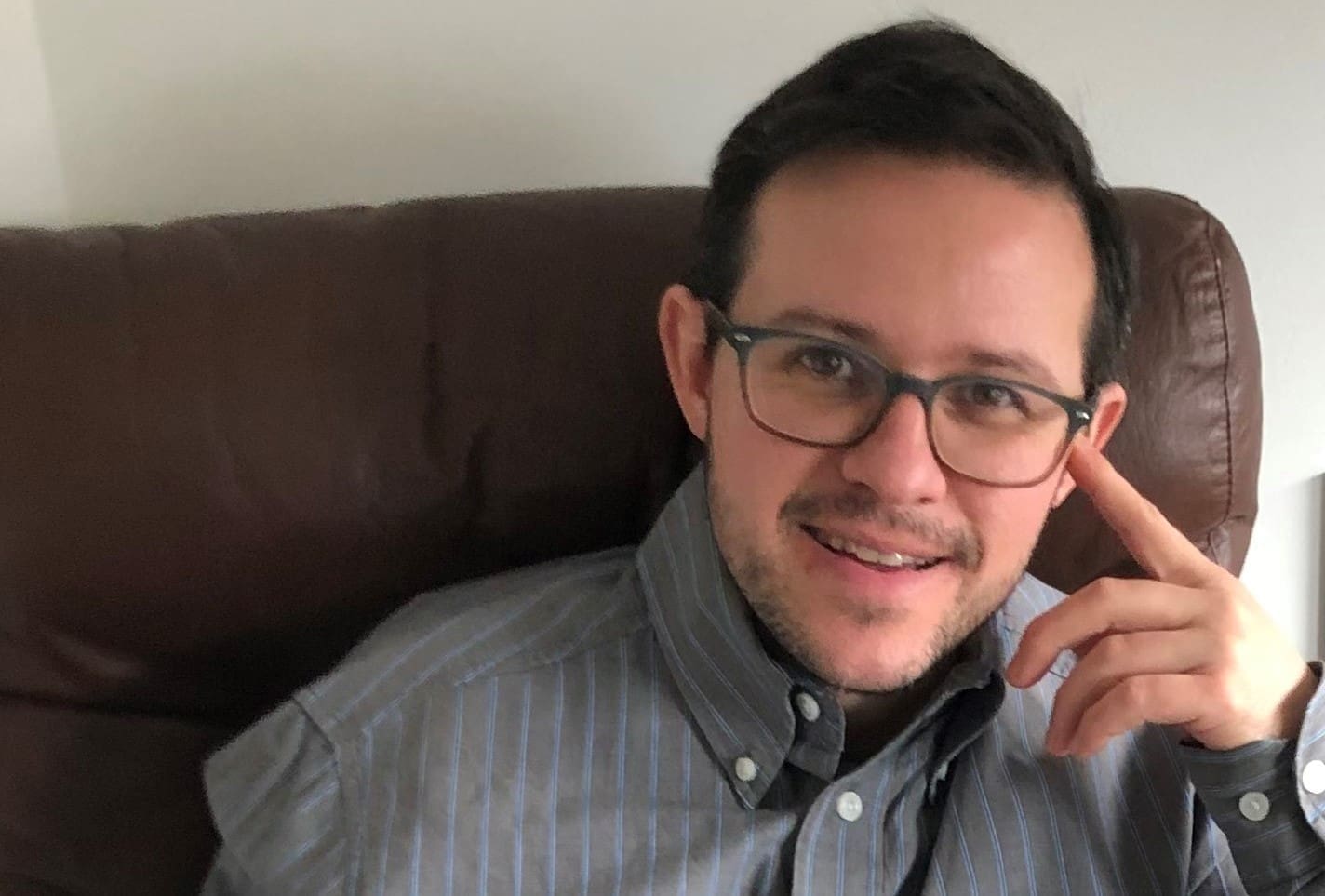 The phrase “patient-centered medical home” has become a buzz word in the field of healthcare, creating competing ideas about what it means.
The phrase “patient-centered medical home” has become a buzz word in the field of healthcare, creating competing ideas about what it means.
Some providers assume that comprehensive medical services under one roof constitutes a patient-center medical home (PCMH), while others focus more on patients’ requests without the infrastructure to support this model of care.
Though both examples embrace portions of the definition, they miss the mark of what’s fully at stake.
Moreover, the medical world seems to lack examples of PCMHs within the HIV/AIDS community.
A meeting needed to happen, and it did: The Service Provider Council (SPC) held a forum on March 14 to discuss PCMHs in the context of the Affordable Care Act.
The AIDS Foundation of Chicago (AFC) hosted the session as part of its Change Management series to help organizational leaders navigate the many financial and structural changes that affect the HIV/AIDS service sector. Understanding new models of care, such as PCMH, is one of the ways AFC helps local AIDS organizations adapt to a fast-changing world.
According to the National Committee for Quality Assurance, a PCMH “is an innovative program for improving primary care” that centers services on patients, encourages collaboration among providers, and tracks care over time.
Panelists discussed their efforts to become PCMH certified, as well as the impact of this model on the individual and community.
Kristen Andrew  , empanelment and scheduling manager for Lawndale Christian Community Health Center, said that her organization originally expected the accreditation process to last about 12 months; however, it will be closer to 18 when they’re finally approved.
, empanelment and scheduling manager for Lawndale Christian Community Health Center, said that her organization originally expected the accreditation process to last about 12 months; however, it will be closer to 18 when they’re finally approved.
The process has been worth it, Andrew notes, because Lawndale has made significant improvements in care, focusing on the way doctors and patients stay in touch. Moreover, the organization has beefed up electronic communications, including e-prescribing and secure messaging.
Though the Affordable Care Act doesn’t require states to create PCMHs, it financially rewards facilities that make the switch or seek federal approval.
“The bottom line is it’s going to save money somewhere in the system” and improve the quality of patient care, said Barbara Schechtman  , the discussion’s moderator and executive director at the Midwest AIDS Training and Education Center.
, the discussion’s moderator and executive director at the Midwest AIDS Training and Education Center.
Other panelists provided a perspective from organizations that have already received accreditation.
Chet Kelly  from the Ruth M. Rothstein CORE Center highlighted the impact PCMHs have on people living with HIV/AIDS, and Virginia Fraser from Thresholds offered a snapshot of how PCMHs embrace individuals with mental and behavioral health diagnoses.
from the Ruth M. Rothstein CORE Center highlighted the impact PCMHs have on people living with HIV/AIDS, and Virginia Fraser from Thresholds offered a snapshot of how PCMHs embrace individuals with mental and behavioral health diagnoses.
At the end of the presentations, one participant quipped, “I realize now that the care I’ve been receiving for years hasn’t been patient-centered!”
Over time, with the Affordable Care Act, that will hopefully change, and we’ll all benefit from a more efficient healthcare system that receives its direction from patients.
The next installment of the Change Management series will be held at AFC on April 11, and the topic will be “Partnerships, Alliances, and Mergers,” presented by Jim Lewis of the Chicago Community Trust, and Jean Butzen of Mission Plus Strategy.
For more information about this and subsequent presentations, please visit aidschicago.org/change.
All of these meetings are open to the public.


